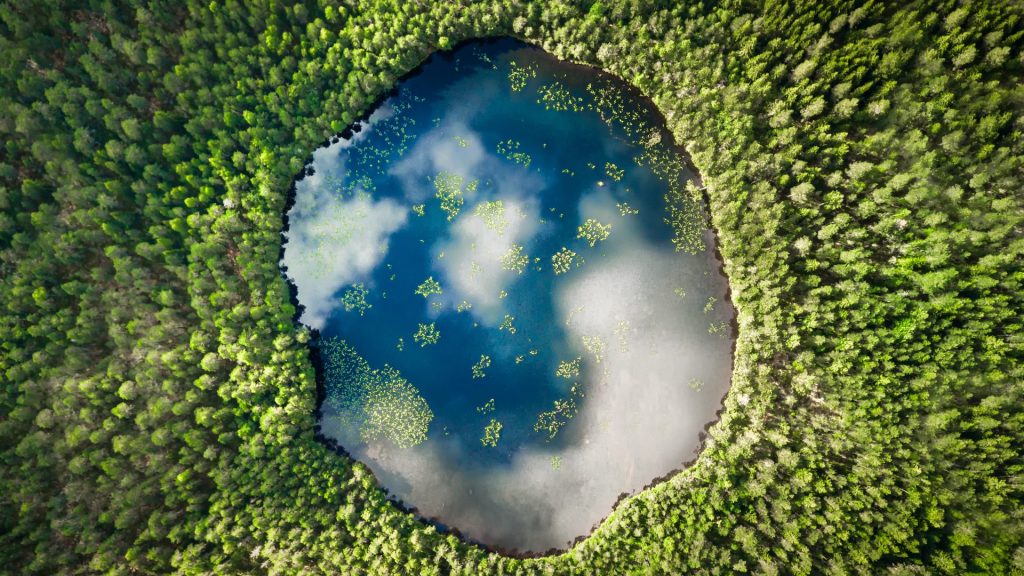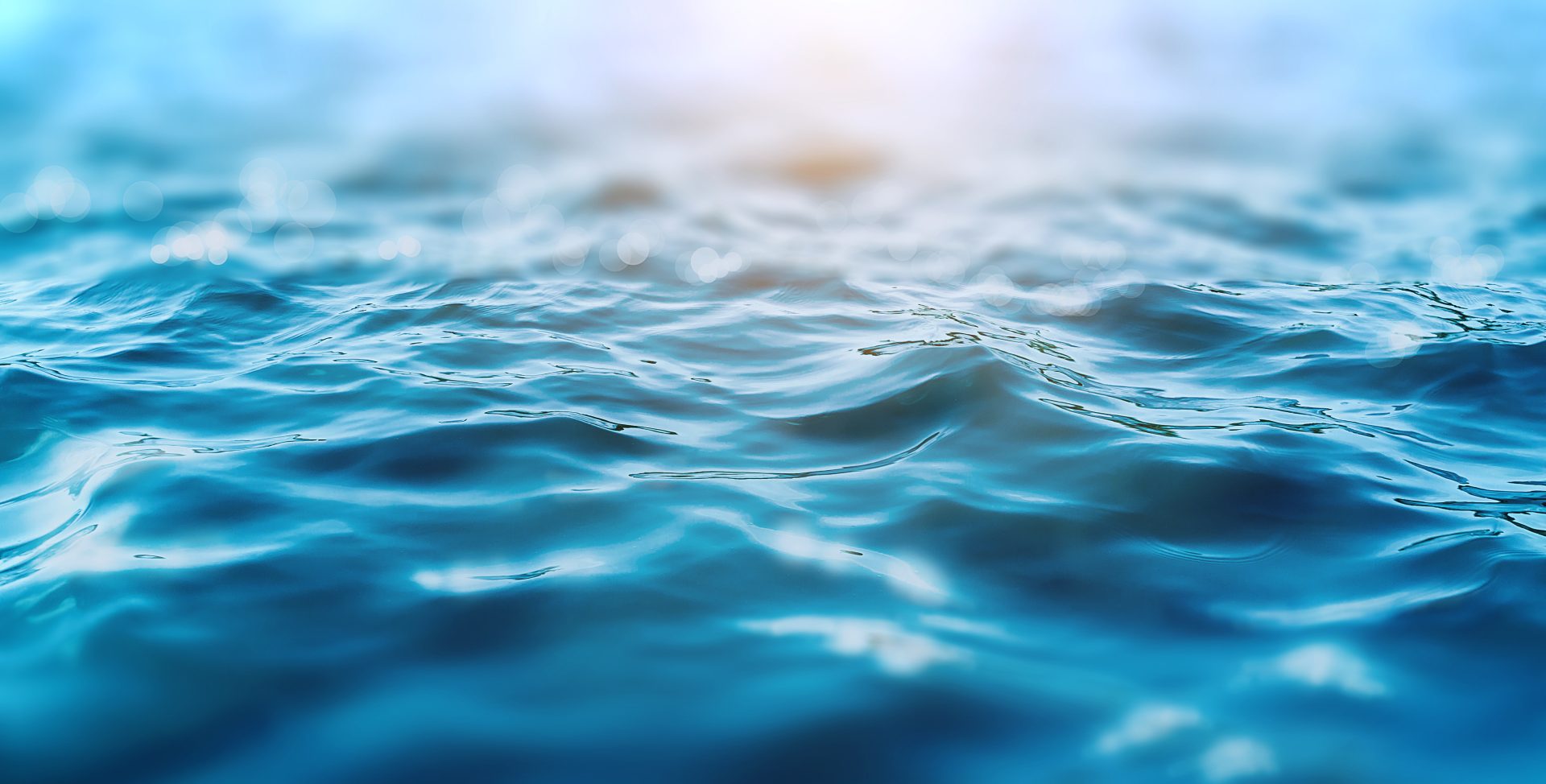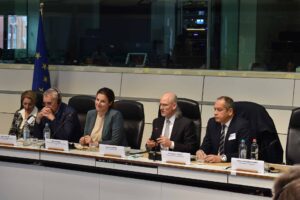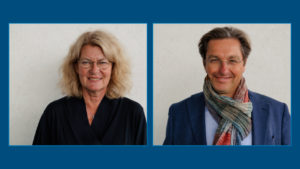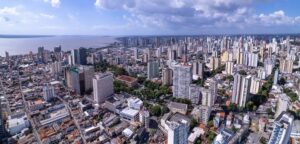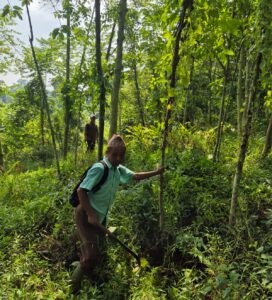The Summit of the Future, next September, is supposed to be the place where the world agrees on concrete steps to rethink governance and strengthen cooperation in order to "deliver a better present and safeguard the future". SIWI has provided input into the outcome document that will be discussed at the Summit. But as it stands now, water is barely being mentioned. Maggie White, International Policy Senior Manager, calls upon the water community to engage so water takes a central place in the agenda.
The Summit of the Future, is a high-level event, that is a direct outcome of Our Common Agenda report. It is a response to Member States’ expression of the critical need to better respond to current and future challenges. In the report, Antonio Guterres, UNSG, states that we have the “what” in the form of many existing agreements and commitments, such as the UN Charter, the Universal Declaration of Human Rights, the 2030 Agenda, the Paris Agreement, the Addis Ababa Action Agenda and many others, in order to reach the future we want.
But… we are gravely missing the “how” – how do we cooperate better to deliver on the above aspiration and goals? How do we better meet the needs of the present while also preparing for the challenges of the future?
A Summit with ambitions
- Accelerate efforts to meet our existing international commitments
- Take concrete steps to respond to emerging challenges and opportunities.
This, the UNSG believes, will be achieved through an action-oriented outcome document called the Pact for the Future. The Pact for the Future will be negotiated, and endorsed, by countries in the lead-up to and during the Summit of the Future 22-23 September 2024, in accordance with resolution 76/307.
A collaborative process
Antje Leendertse , Permanent Representative of Germany and Neville M. Gertze, Permanent Representative of Namibia were appointed co facilitators of this process by the former UN President of the General Assembly, Csaba Korosi, on the 30th of August 2023.
The zero draft of the Pact for the Future was published on the 29th of January, after a 2-step consultation process. It is based on Member States’ oral inputs made during the December informal consultations, as well as more than 80 written submissions and 500 contributions received from Major Groups and other Stakeholders, civil society organizations, and representatives from academia and the private sector.
Water as a blue thread
SIWI submitted a written contribution, hoping to ensure that water is mentioned as an important resource as well as enabler for implementing our Common Agenda. We made the case that at the heart of a just and sustainable transition for all is good water governance.
The 2030 Agenda, and most of our other global goals and commitments, cannot be conceived, nor achieved, without acknowledging the foundational concept of water governance–that is to say, our ability to fairly allocate water resources for multiple purposes (health, energy, agriculture, industries, nature…), prevent local, national and transboundary conflicts, and mitigate the disastrous impacts of climate change on people and the planet. This is the blue thread that will enable accelerated implementation and improved impact towards achieving the 2030 Agenda.
We also highlighted the importance of the UN 2023 Water Conference and its follow up in 2026, the Water Action Decade and the Water Action Agenda, as well as the importance of the UN system-wide strategy for Water and Sanitation and the UN Special Envoy for Water and Sanitation.
As of today, the focuses of the conference and the outcome document are essentially water blind
Only two organizations from the water community have provided input, and water is only mentioned three times in the entire zero draft. As it stands, we need to ensure that water remains in the outcome document and is more substantially recognized as an enabler for the Future We Want.

